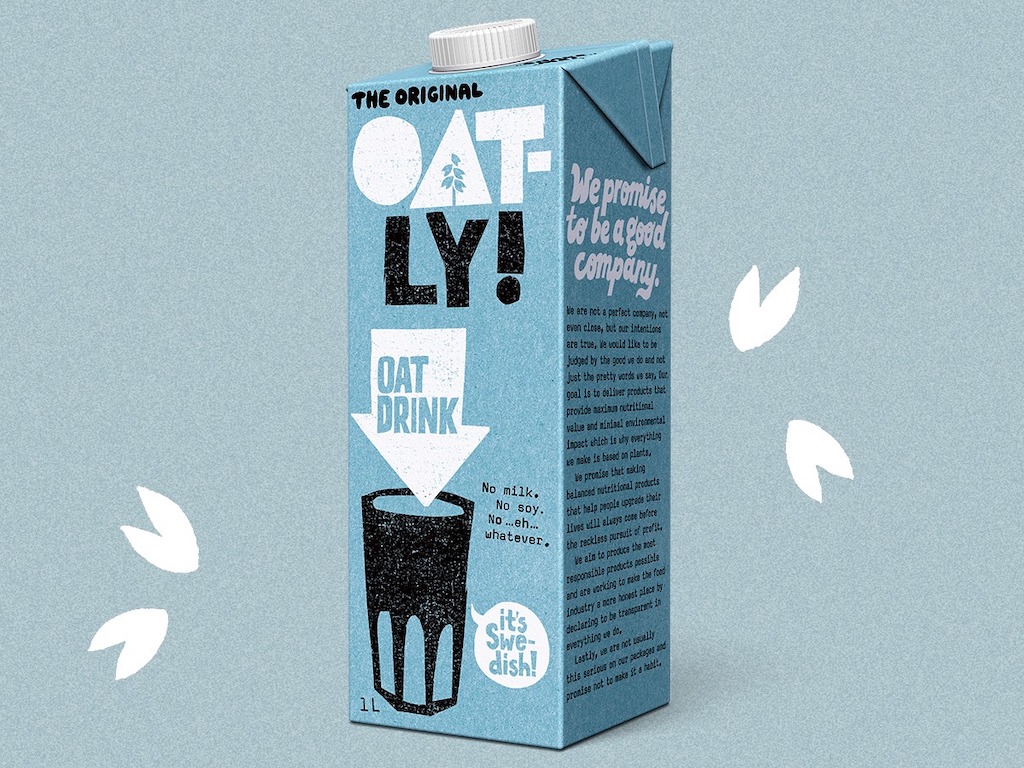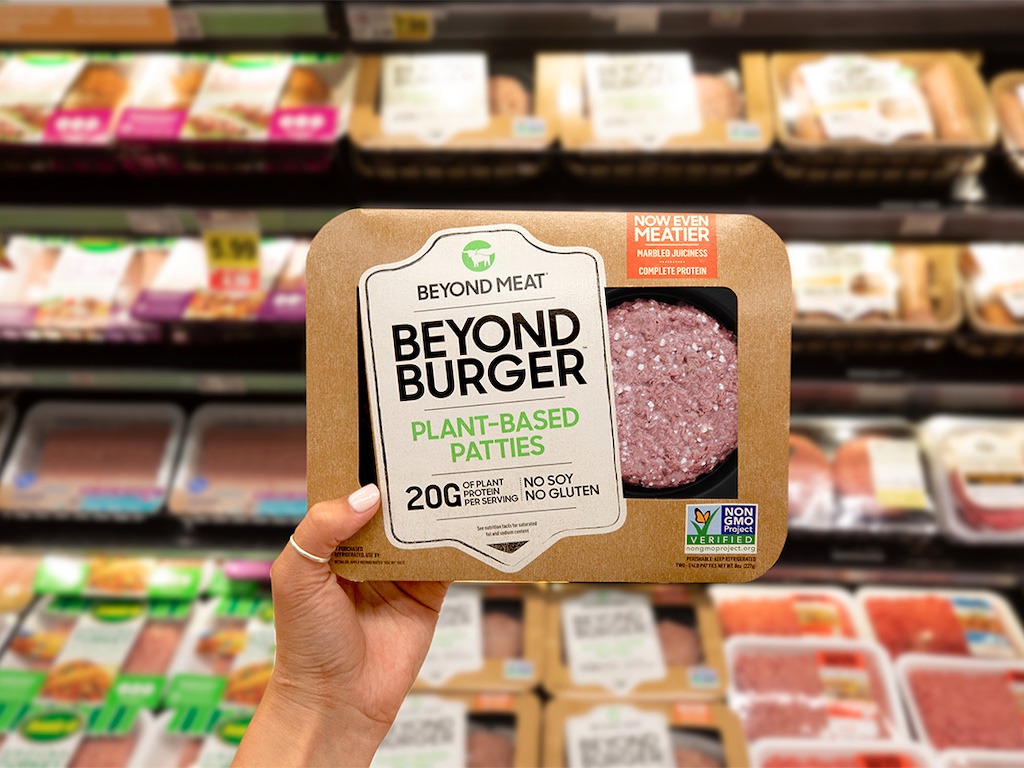Consumer Habit ‘Evolution’ Driving Vegan Food Industry Toward $162 Billion By 2030
2 Mins Read
Vegan food isn’t a fad says a new analysis from Bloomberg Intelligence. According to the report, the category for plant-based food—primarily vegan meat, egg, and dairy alternatives—is set to boom 451 percent by 2030.
“Food-related consumer habits often come and go as fads, but plant-based alternatives are here to stay – and grow.” That’s the consensus of a new report from Bloomberg Intelligence Senior Consumer Staples Analyst, Jennifer Bartashus.
According to Bartashus, the expanding set of product options in the plant-based industry “is contributing to plant alternatives becoming a long-term option for consumers around the world.”

Dairy and meat driving demand
This is equating to big growth for the sector. According to Bloomberg, sales of plant-based offerings will jump from the current market value of nearly $30 billion to more than $160 billion in the next decade.
The report cites trends in healthier eating and more sustainable options as driving the growth.
Dairy-free options including milk, cheese, and ice cream, are expected to represent 10 percent of the plant-based market growth, Bloomberg estimates. Vegan meat is also expected to boom with sales as high as $118 billion by 2030, the report noted, in a “more aggressive but still realistic scenario.”
Factors like the coronavirus pandemic have pushed consumers to reevaluate their plates, and opting for alternatives to traditional animal products.

Brands shifting the marketplace
Brands including Beyond Meat, Impossible Foods, and Oatly are driving the increase in options across foodservice and retail, the report notes.
“More traditional and established competitors, like Kellogg and Nestlé, are looking to gain an edge by ramping up their distribution of plant-based products, and producing promotional campaigns that showcase their variety of options.”
This, BI says is the beginning of an “evolution in consumer habits” over the next decade. This shift is now largely centered around flexitarians and “meat reducers” who now make up nearly a third of the U.S. population.
“If sales and penetration for meat and dairy alternatives continue to grow,” Bartashus said, “our scenario analysis suggests that the plant-based food industry has the potential to become ingrained as a viable option in supermarkets and restaurants alike.”
Lead image courtesy of Beyond Meat.



